“When, in 1998, we reached an agreement with Chancellor Helmut Kohl on cooperation between German and Hungarian industry, this is the kind of outcome we had in mind,” Viktor Orban said at the inauguration of the BMW factory in Debrecen. He explained that the idea was that both Germans and Debrecen locals would be satisfied, sharing a joint pride born of industrial cooperation. He noted that the scale and quality of the facility are fantastic and impressive.
He added that Bavarians are closest to Hungarians, and also the most cheerful within the broader Germanic world. He recalled that King Saint Stephen’s wife was Bavarian, and that the Hungarians of old wrote of Bavarians as hardworking people who multiplied their wealth many times over.
Europe Is Weak
PM Orban expressed the wish that a growing number of Hungarians be able to afford a BMW. He said that in the future both nations and car manufacturers will be put to the test, requiring quick shifts and bold maneuvers. The answers countries give to these challenges will determine who remains standing and who falls to their knees. Hungary, too, faces serious questions: Do we want to produce? Are our citizens able to work? What kind of leaders will we have? “I say this with a heavy heart: Europe is weak,” Viktor Orban stated. He pointed out that the BMW plant in Debrecen already has a 15% disadvantage compared to the one in South Carolina, so “we must be 15% more efficient.” According to the PM, companies should not be commanded but supported—by working with them and by cutting taxes. “Here this doesn’t need to be explained, since German and Chinese engineers are constantly coming here,” he remarked.
Rewarding, Not Punishing Investment
Mr Orban underlined that investors in Hungary can be sure the rules will not change overnight. “We don’t tax investment, we reward it. And Hungarians will not spend other people’s money on foreign wars—we will use it to develop the Hungarian economy.” He noted that BMW has also established a training center, along with logistics and business service centers in the city, placing Debrecen among the top three contenders for Europe’s Green Capital title. He added that the airport in Debrecen will also be upgraded. With a conservative estimate of around HUF 1 trillion forints (approx €2.6 billion) worth of investment having already flowed into the region.
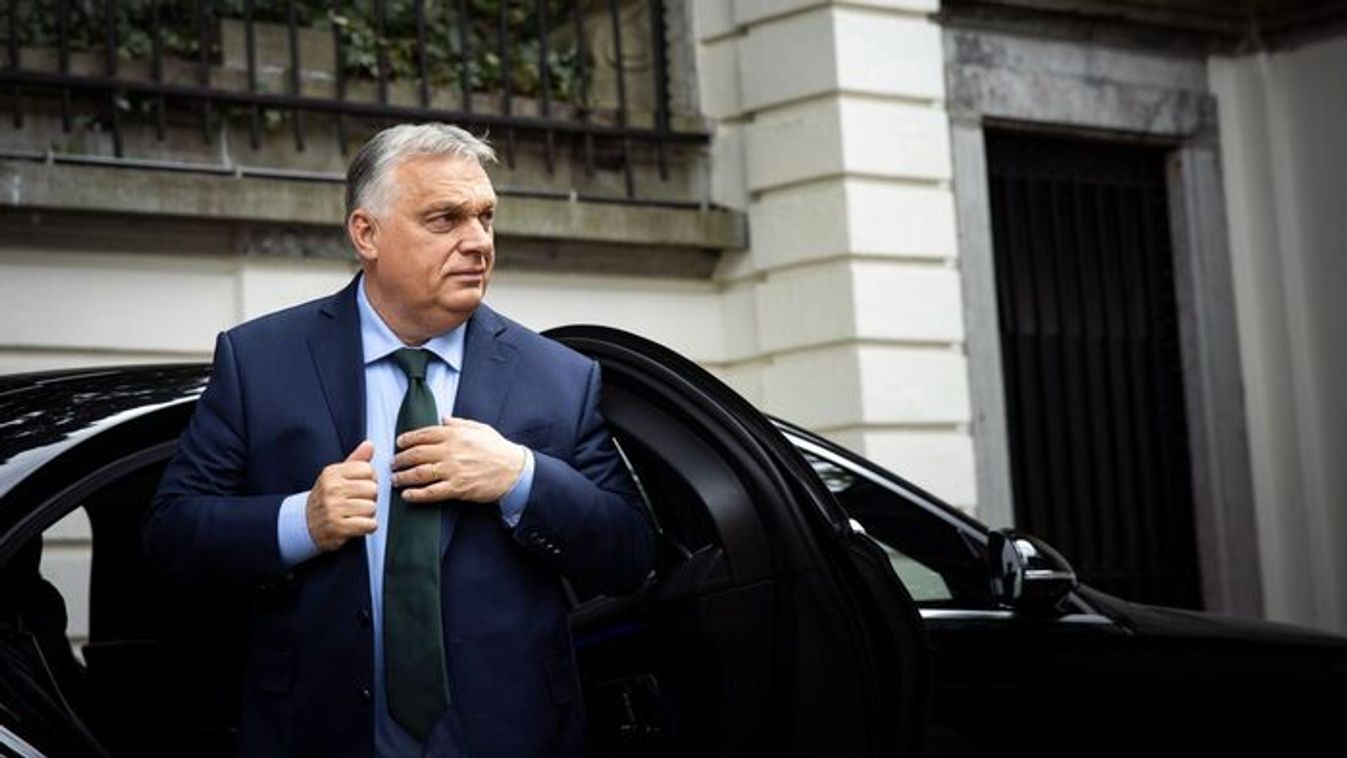






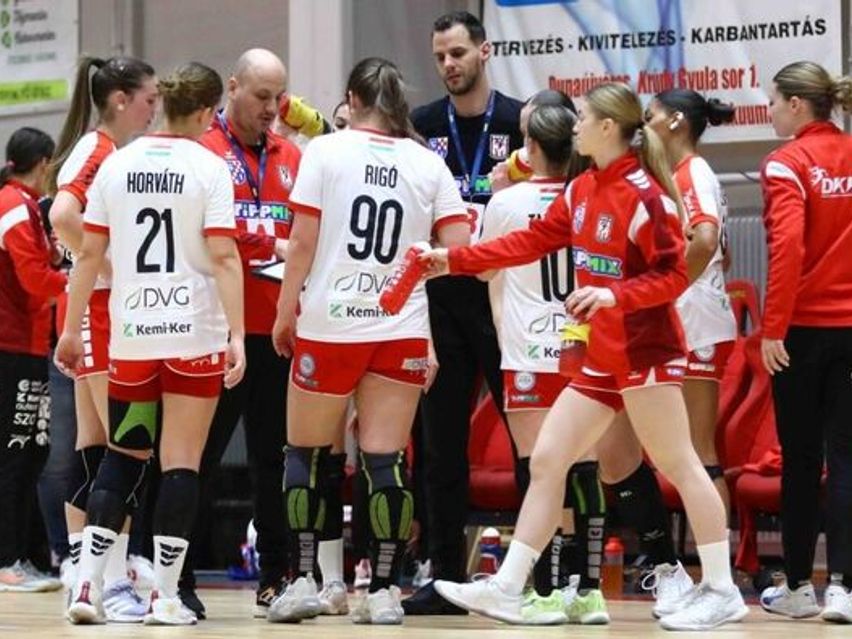

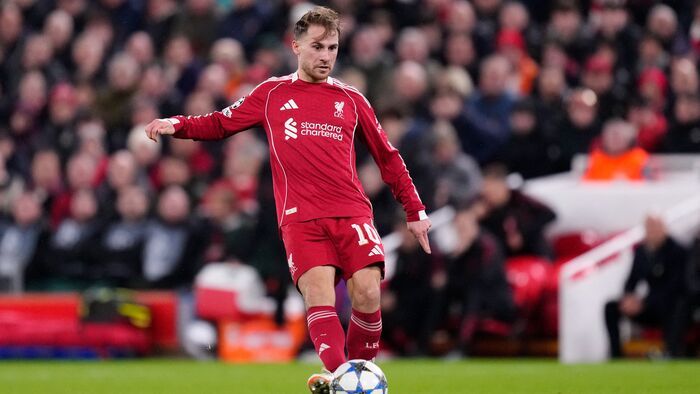


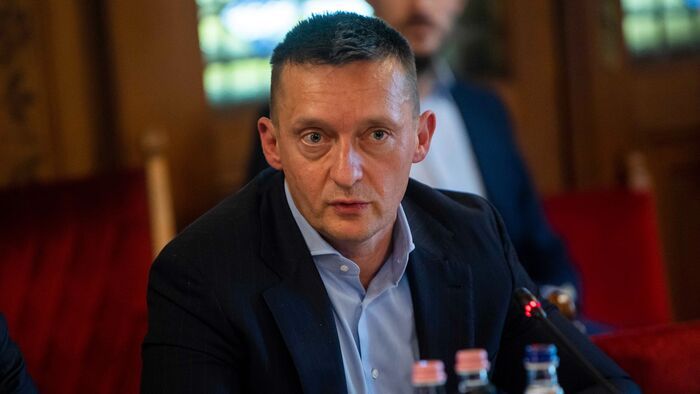


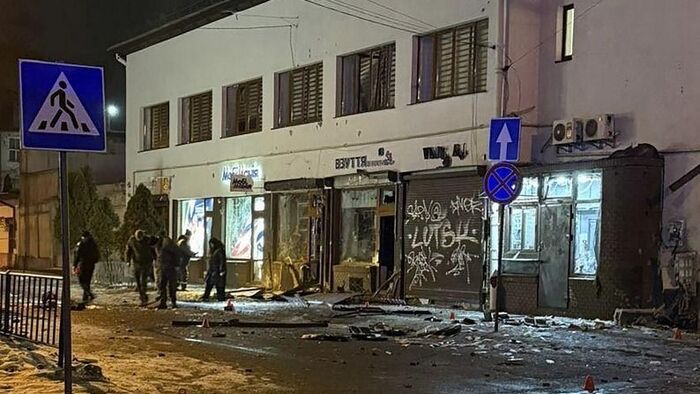
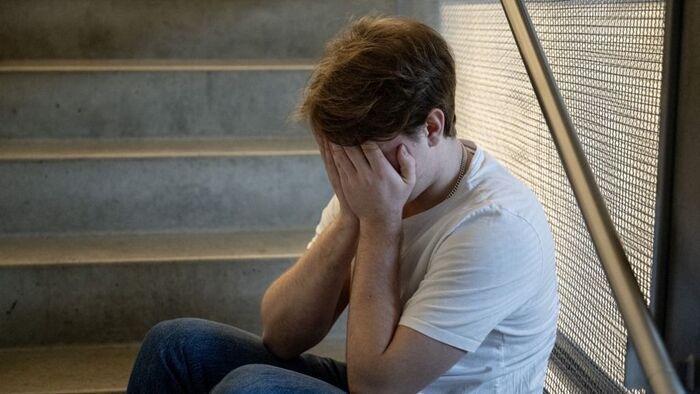
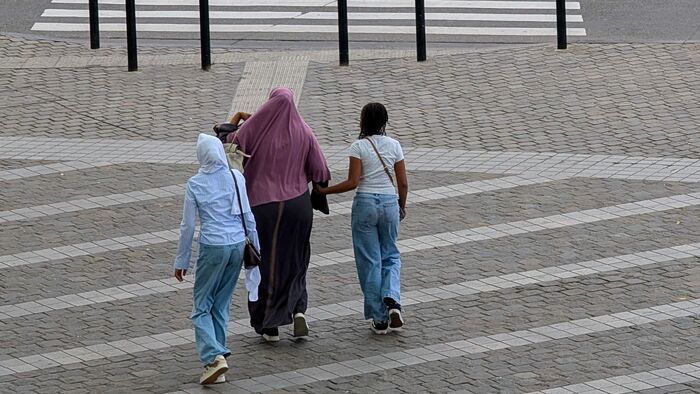



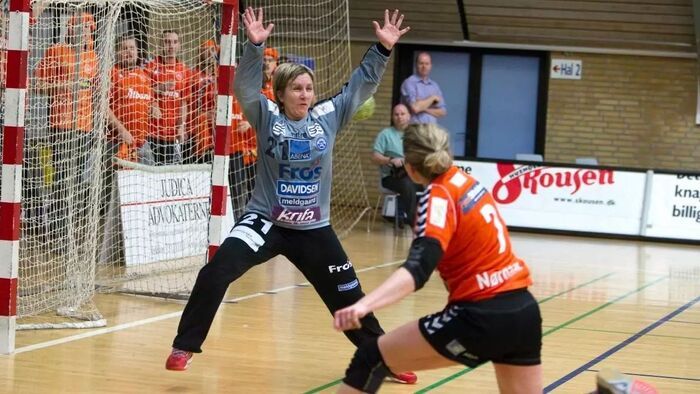

Szóljon hozzá!
Jelenleg csak a hozzászólások egy kis részét látja. Hozzászóláshoz és a további kommentek megtekintéséhez lépjen be, vagy regisztráljon!